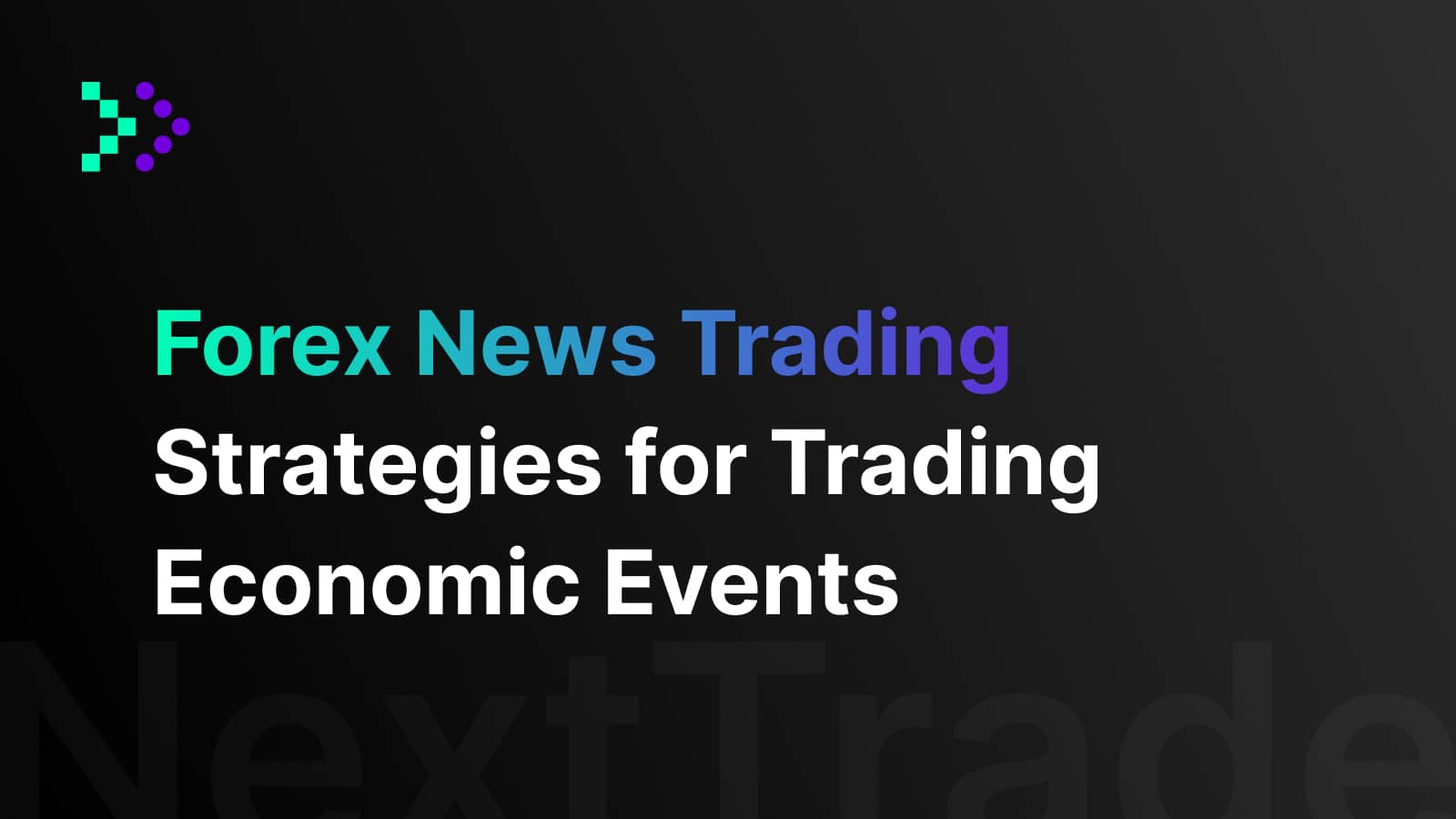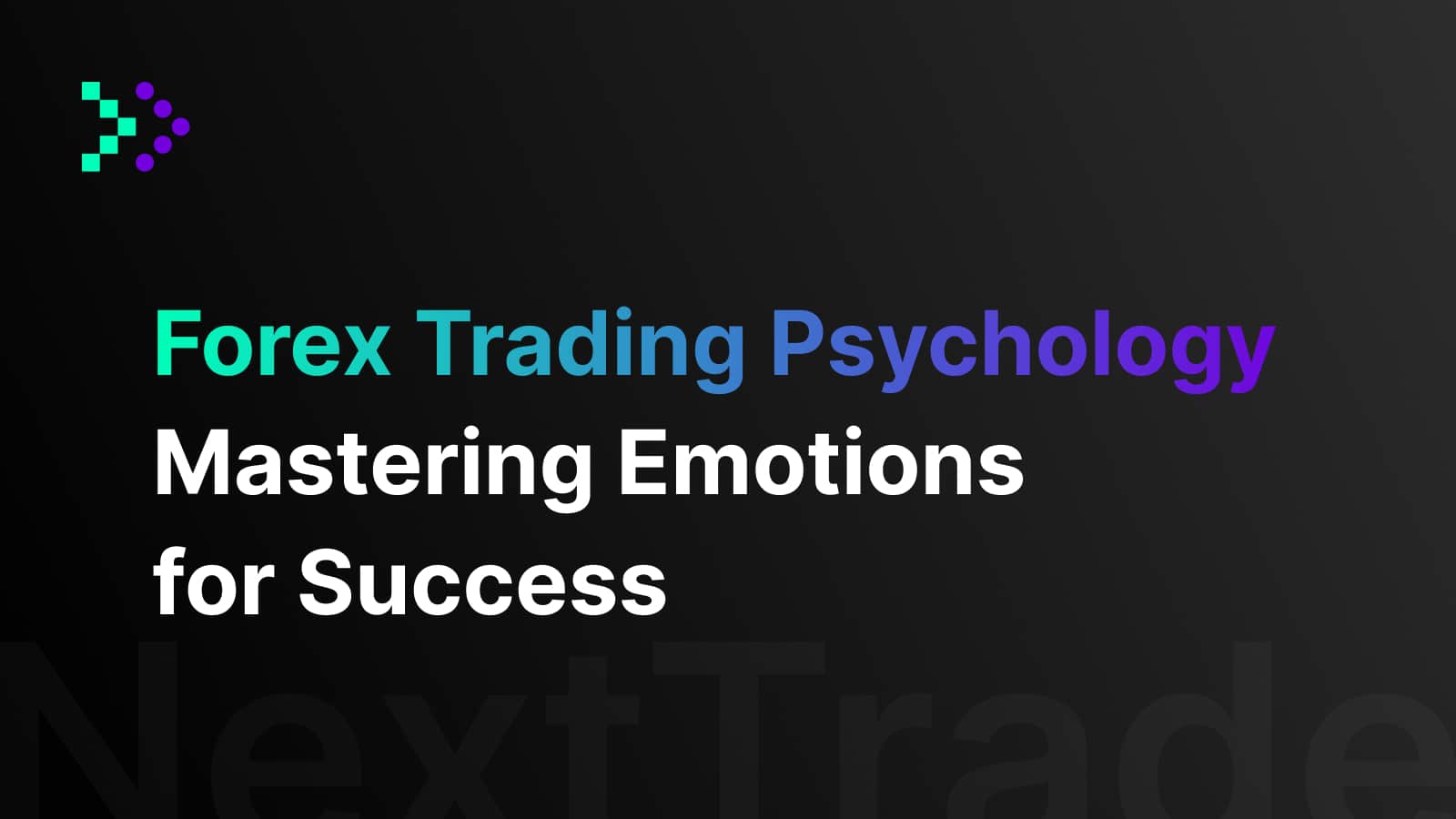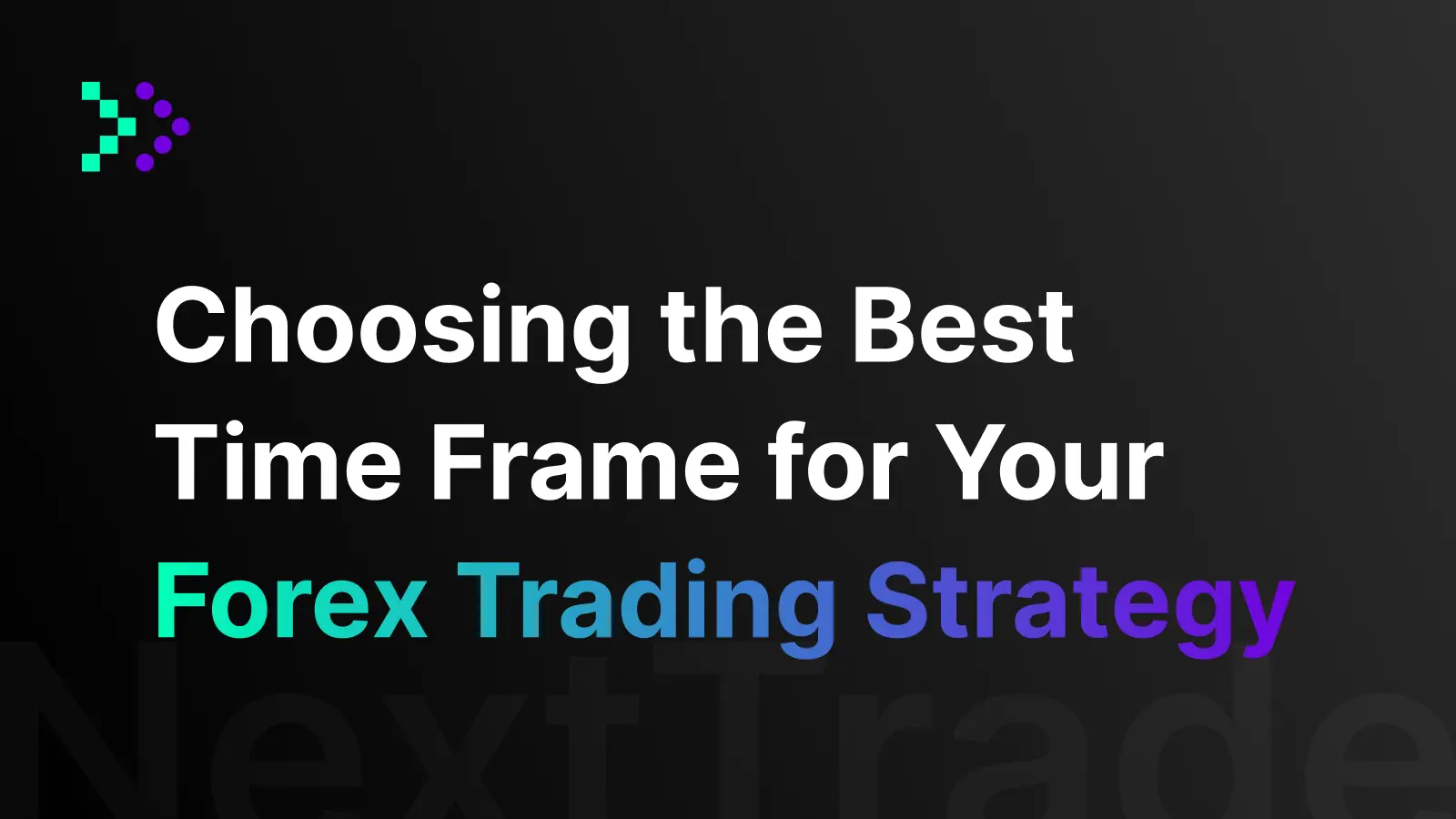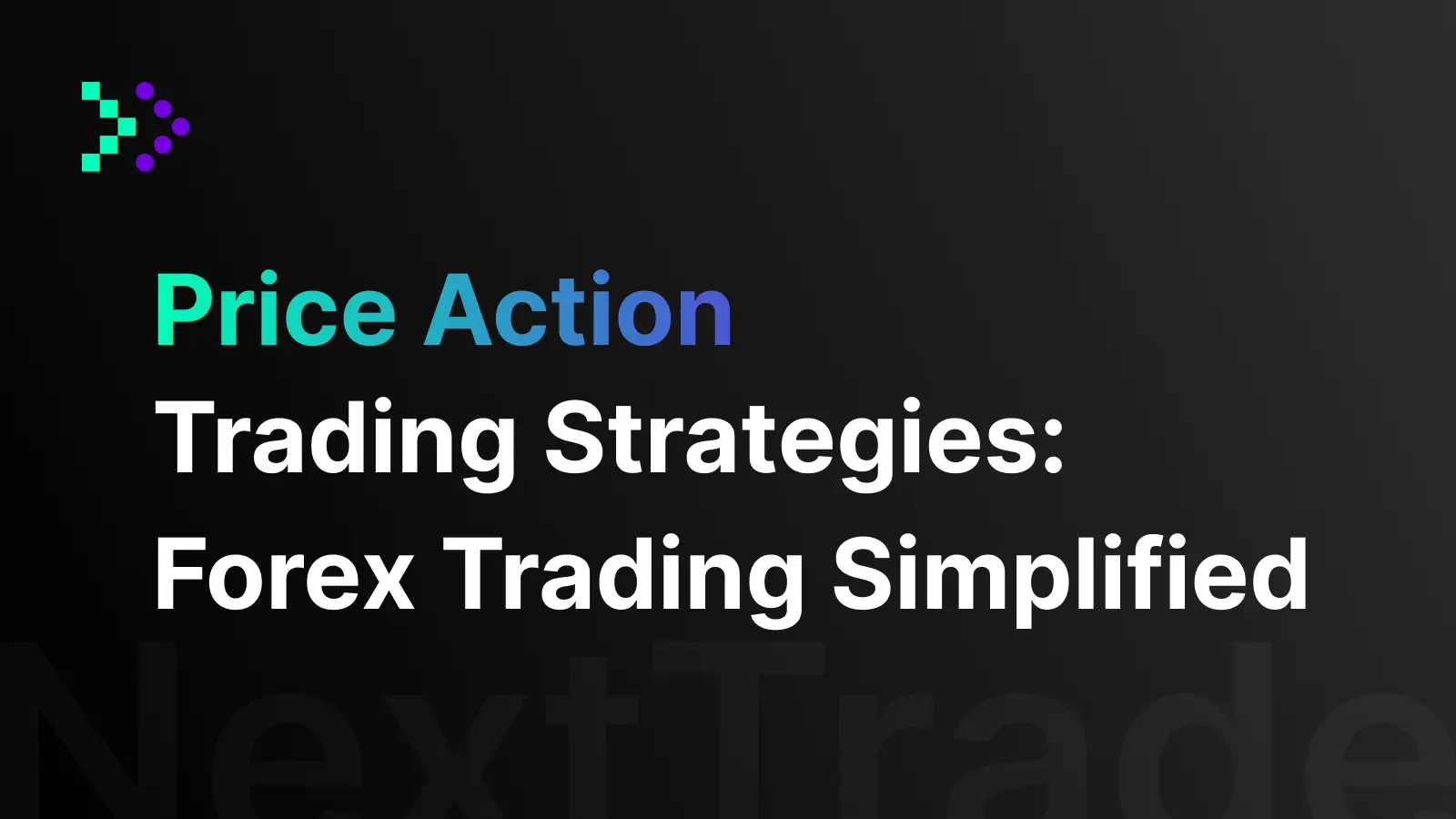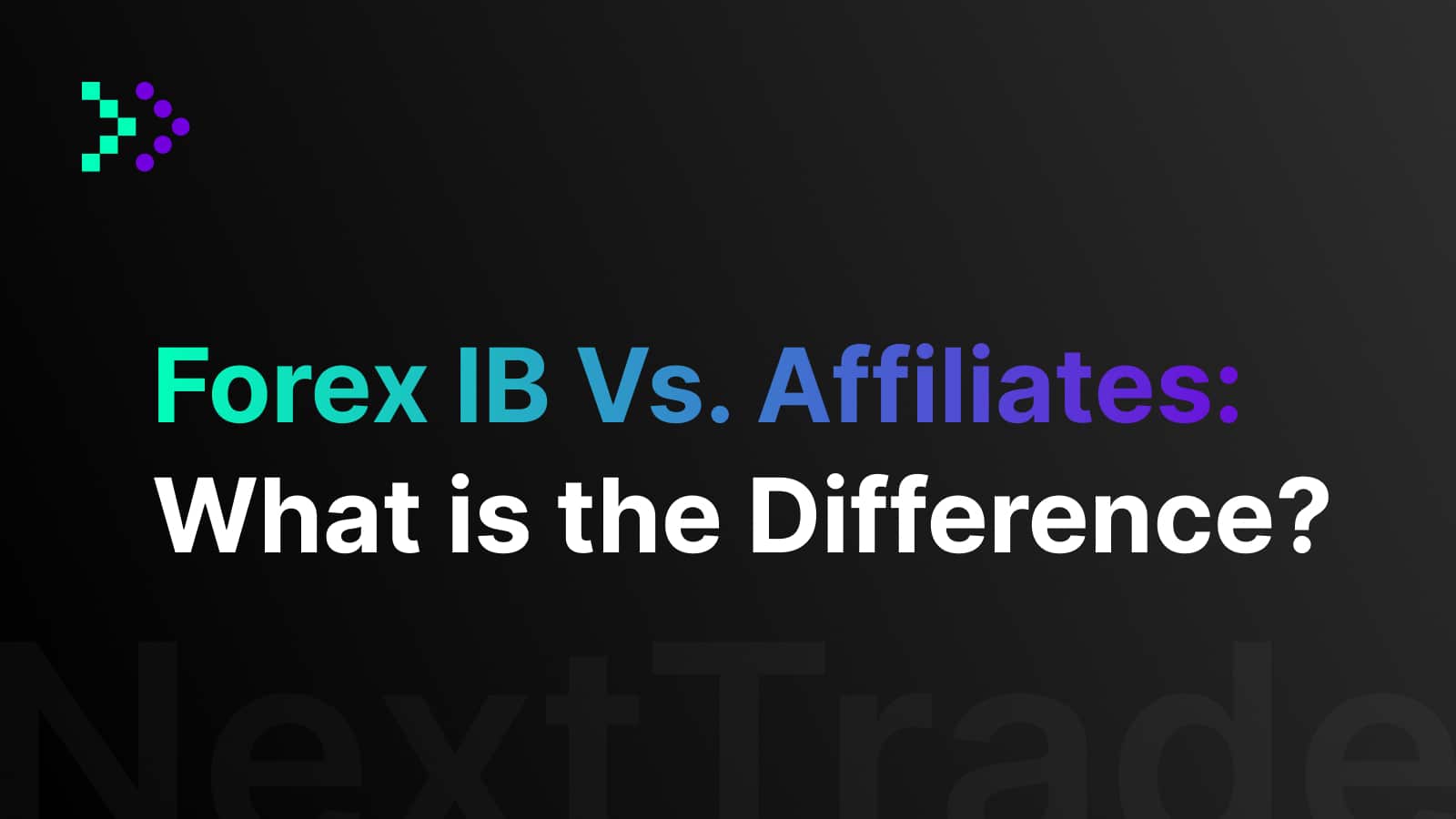
Forex IB Vs. Affiliates: What is the Difference?
Forex IB vs. Affiliates: Understanding the Key Differences
Two of the most common and often confused roles in the game are forex affiliates and introducing brokers (IBs). They both help brokers grow their client base, and they both earn commissions for doing so. But beyond that? They’re playing completely different games.
This blog breaks down the key differences between forex IBs and affiliates, so you can decide which route fits your goals, style, and income expectations.
Revenue Models: How Do They Earn?
Affiliates are paid based on specific actions, like a signup or deposit. This usually comes in the form of:
- CPA (Cost Per Acquisition): One-time payment per client
- Revenue Share: A small cut of the broker’s revenue from referred clients
Forex IBs, on the other hand, earn commission per trade. They get a percentage of the spread or trading fees generated by their clients, meaning the more their clients trade, the more they earn indefinitely.
If you’re after quick wins, CPA is great. If you want recurring revenue, IBs are your lane.
Level of Involvement with Clients
This is one of the biggest differences:
- Affiliates operate at a distance. They focus on promoting the brokers through content, websites, or paid ads. Once the client signs up, the job is done.
- IBs are more hands-on. They often build and maintain personal relationships with clients, guiding them through the platform, offering support, and staying involved.
This makes IBs more like client managers, while affiliates stay in the marketing lane.
Regulatory Requirements
Affiliates generally don’t need regulatory approval since they don’t give financial advice, they just generate leads.
Forex IBs, however, may be subject to compliance checks depending on the jurisdiction and how deeply they’re involved with clients. Brokers may require certain documentation or even licensing depending on the region.
More involvement = more compliance.
Marketing and Promotion
This is where strategy plays a role:
- Affiliates win with content. They dominate SEO, run PPC campaigns, push YouTube videos, or leverage social media.
- IBs use personal networks, community meetups, local partnerships, or even one-on-one calls to close clients.
Affiliates scale fast, IBs go deep.
Tools and Support
Most brokers offer both groups solid resources, but the depth of tools can differ.
- Affiliates get tracking links, banners, pre-built landing pages, and analytics.
- IBs usually get client dashboards, performance reports, sometimes even white-label portals or custom back-office tools.
The more strategic your partnership, the more support you unlock.
Commission Structure Differences
Model | Payment Type | Frequency |
Affiliate | CPA or Revenue Share | One-time or recurring |
Forex IB | Spread-based commissions | Recurring (per trade) |
The IB model pays longer, especially if you’re working with high-volume or loyal traders. But it also requires effort to onboard and retain clients.
Client Relationship Duration
- Affiliates have a short-term relationship. After the click or deposit, there’s no ongoing engagement.
- IBs stay connected, often acting as mentors or points of contact throughout the trader’s journey.
This directly affects retention and commission potential.
Target Audience
- Forex affiliates target broad audiences: new traders, low-to-mid experience users, large-scale traffic.
- IBs often go after quality over quantity: serious traders, local networks, or high-net-worth individuals.
Pros and Cons for Each Model
Model | Pros | Cons |
Affiliate | Easy to launch, scalable, no client interaction | Lower retention, limited long-term earnings |
Forex IB | Strong recurring income, client loyalty | More time-intensive, potential compliance requirements |
Choosing Between Forex IB and Affiliate Programs
If you’ve got the skill to generate online traffic at scale, start with affiliate marketing.
If you’ve got access to a community, network, or client base, becoming an IB can be more rewarding long-term.
You don’t have to stick with one forever, many top performers start as affiliates and evolve into IBs as they grow their presence.
Final Thoughts
Whether you choose to become a forex affiliate or a forex IB, the opportunity to earn is real but the path you take matters.
- Affiliates focus on volume, traffic, and fast conversions.
- IBs focus on relationships, retention, and long-term value.
Both are essential players in the forex ecosystem.
Which one are you building into?
